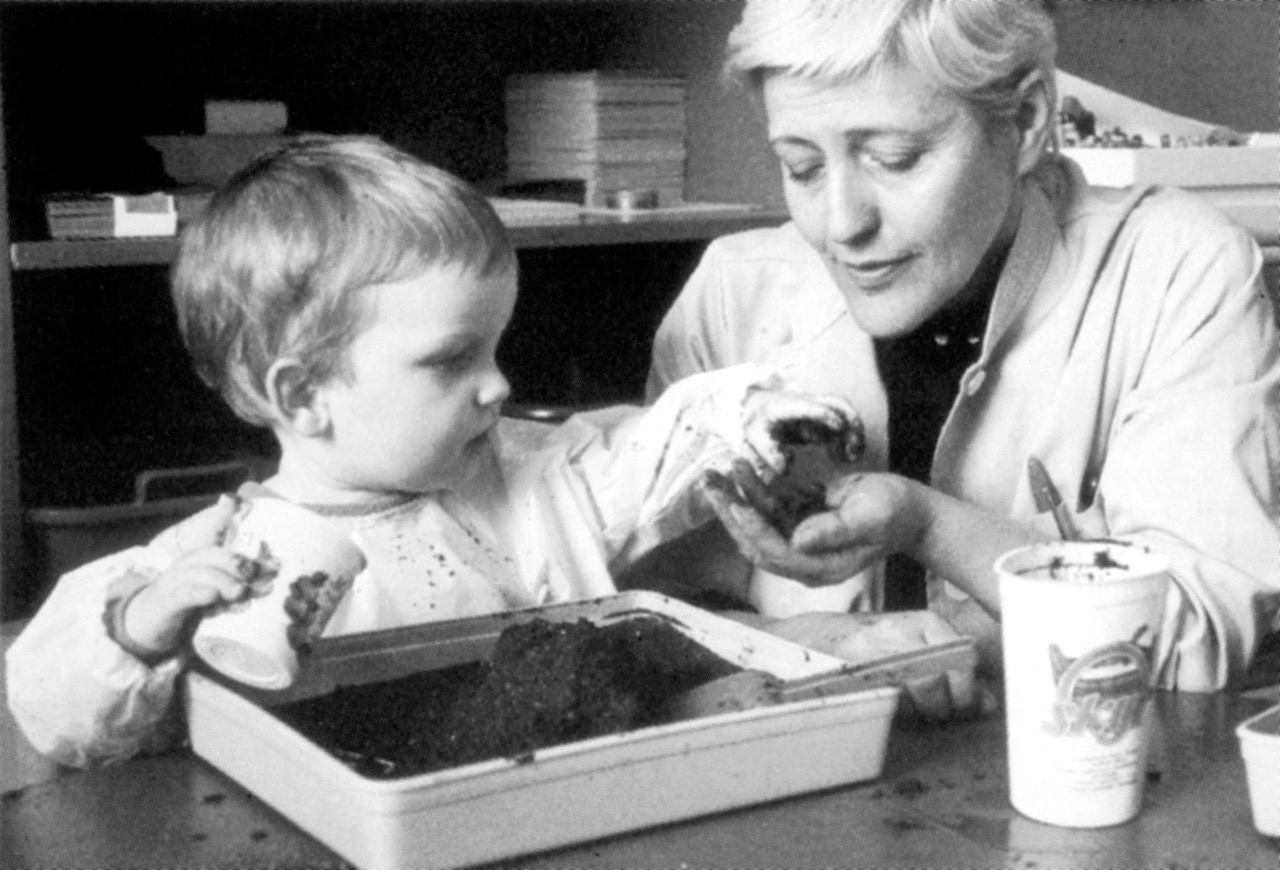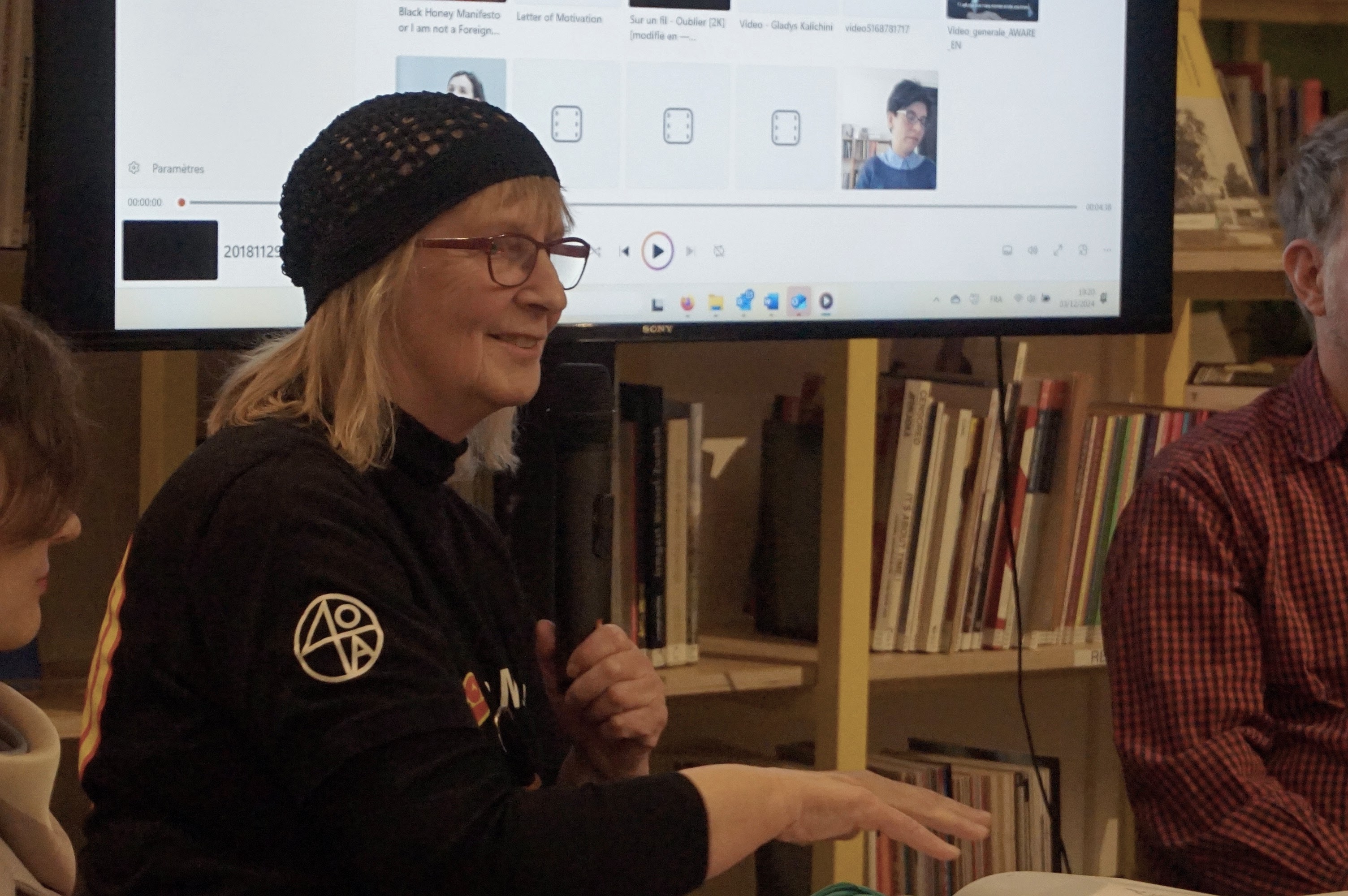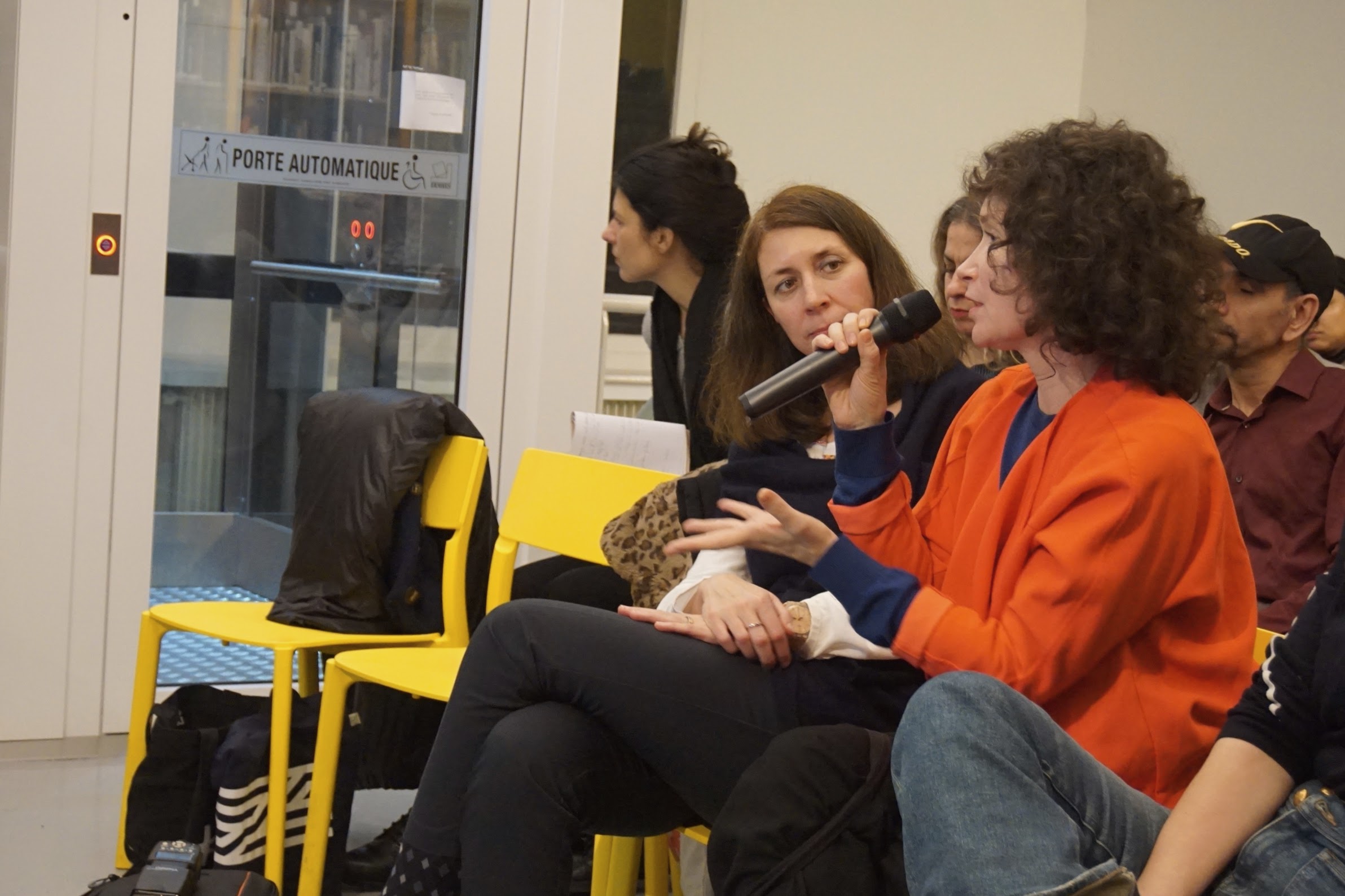On Art As Healing Practice
AWARE, Villa Marie Vassilieff, 21 Avenue de Maine, 75015 Paris
December 3, 2024









Join us on December 3 at AWARE: Archives of Women Artists, Research and Exihibitions for an inspiring event focused on the transformative power of art therapy. As part of the "Care as Methodology" series by the Initiative for Practices and Visions of Radical Care, this event explores the pioneering work of Sigríður Björnsdóttir, an Icelandic artist and life partner and collaborator of Dieter Roth who began developing art therapy methods in 1952 to helpe hospitalized children express and work through their emotions. Her approach emphasizes the healing power of nature—touching soil, leaves, and organic matter—which helps reconnect individuals to their surroundings and fosters emotional resilience. This belief resonates with Tamara Singh, who works with people who feel marginalized in French society and put a particular focus on notions of trust, joy and play. And her artistic projects she employs the material as willow, rush, clay, soil, arranging meaning and organic matter in ephemeral displays.
Art Can Heal: La vie et l'œuvre de Sigríður Björnsdóttir is the title of a book written by Reykjavik-born artist and sociologist Ágústa Oddsdóttir, coordinated by her son and artist Egill Sæbjörnsson. Ágústa follows in her mother’s footsteps, integrating her sociological background with art therapy. She uses recycled family textiles in her work, such as in her ongoing series Mom's Balls, which preserves generational memories and tells stories of resilience. Egill brings a unique perspective, combining technology, sculpture, and sound to explore the boundaries between the virtual and physical, reflecting the therapeutic effects of creative expression.
The encounter between Ágústa Oddsdóttir, Egill Sæbjörnsson and Tamara Singh draws attention to the importance of the empowerment process. The conversation proposes a perspective on art as a situated practice shaped by emotions and memories, acting as a healing protocol, as a practice of care and solidarity.
Photographic Credits:
Art Can Heal, written by Ágústa Oddsdóttir, on the life and work of Sigríður Björnsdóttir, published by König Books, 2023. Tawfiq Sediqi
Yaqian Yin